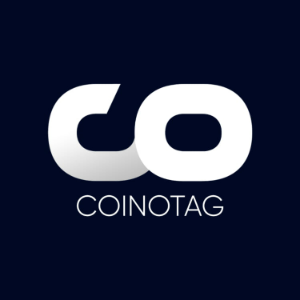Tokenized real estate is coming
2 min read
Disruptive technologies like asset tokenization are poised to revolutionize real estate. By turning physical assets into digital tokens, blockchain enables secure, fractional ownership and trading, which can cut operational inefficiencies, lower administrative costs, and boost retail investor participation. Over the past eight years, tokenization has opened up new paths for real estate investment, and this momentum is growing fast. Deloitte projects that by 2035, $4 trillion of real estate could be tokenized , soaring from less than $0.3 trillion in 2024 with an impressive 27% compound annual growth rate. The tokenized real estate market will likely be driven by three key segments: Tokenized loans and securitizations are expected to dominate, reaching $2.39 trillion by 2035. Private real estate funds could grow to $1 trillion, capturing 8.5% market share. Ownership of undeveloped land and projects may reach $50 billion. Blockchain platforms could streamline real estate funds by simplifying issuance, servicing, and secondary market trading, all while reducing reliance on intermediaries. Two models are emerging: “off-chain” funds using debt tokens backed by loan pools, and fully “on-chain” real estate trust deeds. A real-world example is Kin Capital’s planned $100 million real estate debt fund on Chintai’s blockchain. Tokenization allows investors to build hyper-personalized portfolios, targeting assets based on sustainability, location, or other custom preferences. However, managing defaults will be critical—early players must develop mechanisms where lenders can access real-world assets tied to tokens if needed. Beyond property, securitized loans are gaining traction. Despite skepticism after the 2008 crisis, blockchain-backed securities offer faster reporting, better transparency, and lower costs. For instance, LiquidFi slashed mortgage-backed securities reporting from 55 days to just 30 minutes using Stellar blockchain. Tokenization also unlocks dynamic financing for projects like residential developments and data centers. Major deals, like T-RIZE Group’s $300 million tokenization of a Canadian housing project, show its potential. As more blockchains emerge, interoperability will be crucial. Future systems must allow tokens to move seamlessly between platforms while preserving privacy and meeting regulations. Advances like layer-2 solutions and new regulatory frameworks are paving the way for broader adoption. For real estate managers and investors looking to engage, several factors are key: choosing the right blockchain, ensuring secure custody solutions, understanding tax implications, and reinforcing cybersecurity defenses.

Source: Coinpaprika






